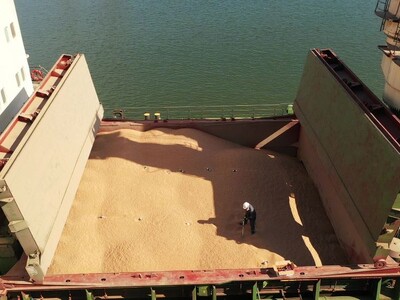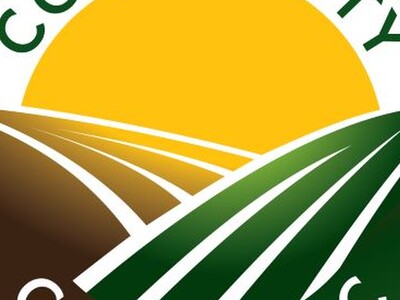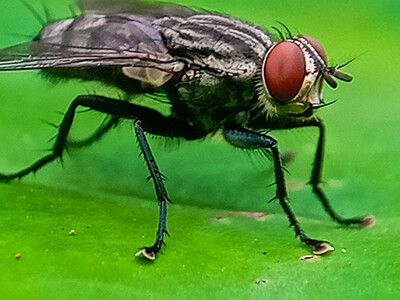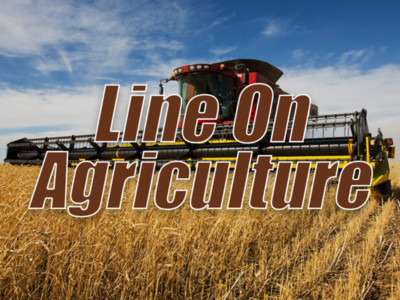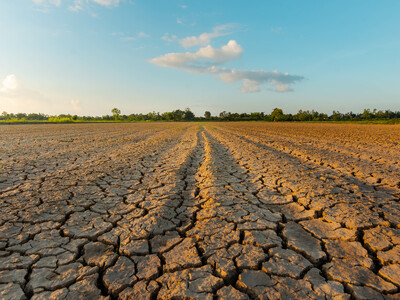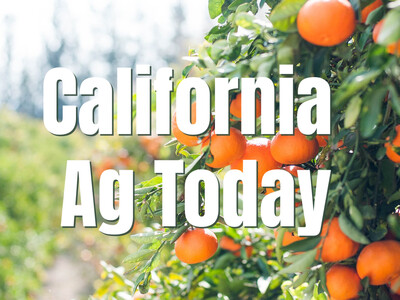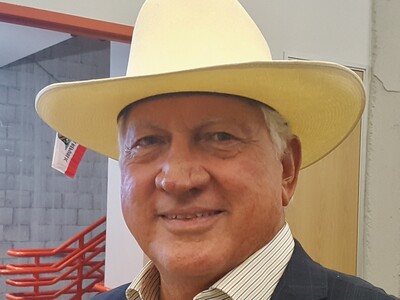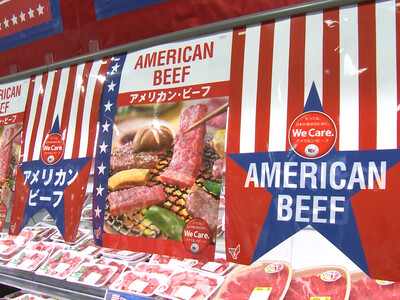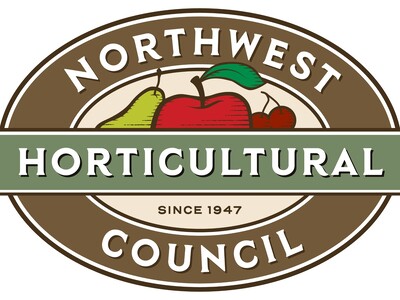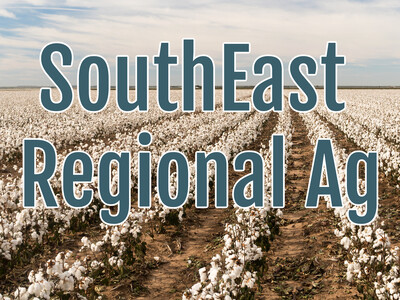A Small and Very Important Part of the Farm
A Small and Very Important Part of the Farm. I’m Greg Martin with today’s Line On Agriculture.
Beekeepers produce an annual crop of honey, and can also use their honey bees to assist other farmers in crop pollination, raise the bees for sale or use the collected honey for profit in a niche market, such as mead making. Michigan beekeeper Steve Haystead says it is a hard line of work.
Haystead: It is without a doubt the hardest work I’ve ever done and I’m not complaining. It’s a lot of lifting and a lot of work and a lot of sweat and a lot of bee stings; you’ve really gotta have a passion for it to wanna do it.
Haystead says when he first started he leased bees to other farmers to help pollinate crops such as apples and blueberries. He says honey bees are useful when the weather is uncooperative and when certain crops need pollination assistance.
Haystead: If you get a bad stretch of weather people think that bees wouldn’t do any good, but that’s when you really wish you had a lot of bees in your orchard. Apples is an example of one where you really do need the assistance of some sort of an insect or some sort of device, and honey bees are just a really good pollinator because they’ll visit all the blossoms. Then when they run from blossom to blossom some of the pollen that’s on one blossom will get on the other blossom and that will provide the fertilization for that blossom to result in fruit.
He says he feels most proud of his career path when he is recognized as a farmer.
Haystead: Of all the things I’ve done in life and I’ve done a lot of things,it’s the one that, hands down, being a beekeeper you get the absolute most respect from anybody and everybody. People really do appreciate the effort that you make. I think most people don’t realize that we are farmers and that we rely on the weather. When we don’t get rain we get nervous. When it gets real cold we get real nervous 'cause we’re losing bees. As farmers get a freeze they worry about losing their bloom. Well, if we get a freeze the queen quits laying eggs and that’s going to set our colonies back a few weeks.
Haystead talks about the honey bee assisted pollination process.
Haystead: In the case of these fruit growers, they’re really thankful that there are people that have bees available for them so they can lease for the pollination. Fruit growers will contact me and ask me if they could lease their bees and I think nowadays it’s anywhere from 40 to 55 dollars per hive. They will pay you to bring the hives out there, set them in the orchard when the blooms going on and then when the bloom is done they will call you and you’ll remove the hives from the orchard. I’m 54 and I am still a young beekeeper. It is amazing how many people get out of it and nobody replaces it.
That’s today’s Line On Agriculture. I’m Greg Martin on the Ag Information




